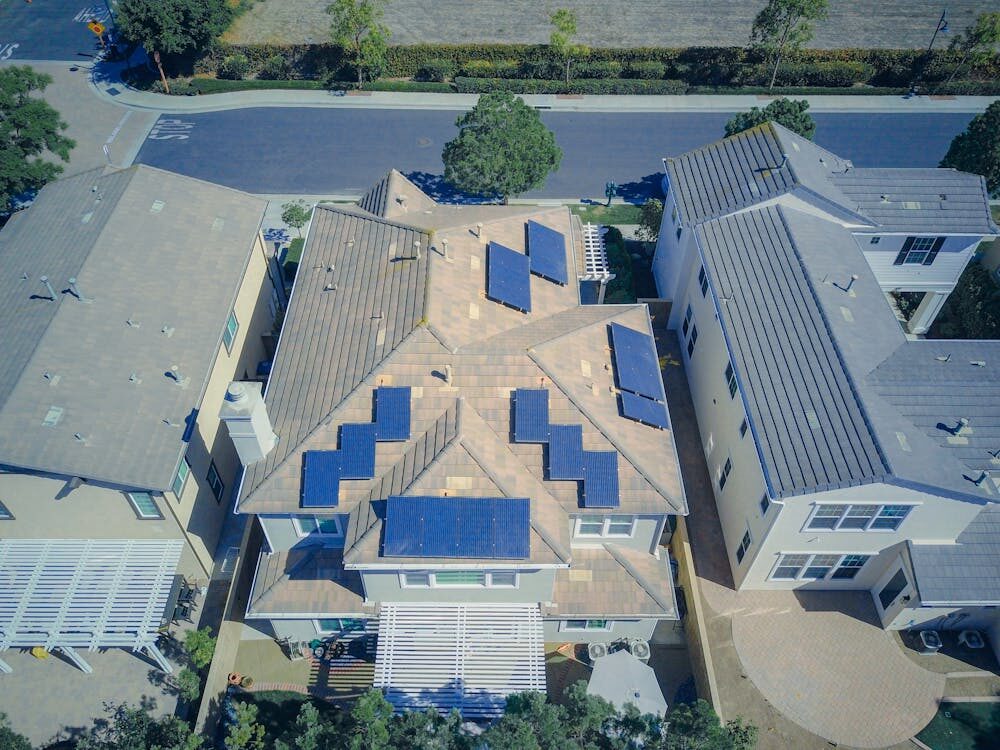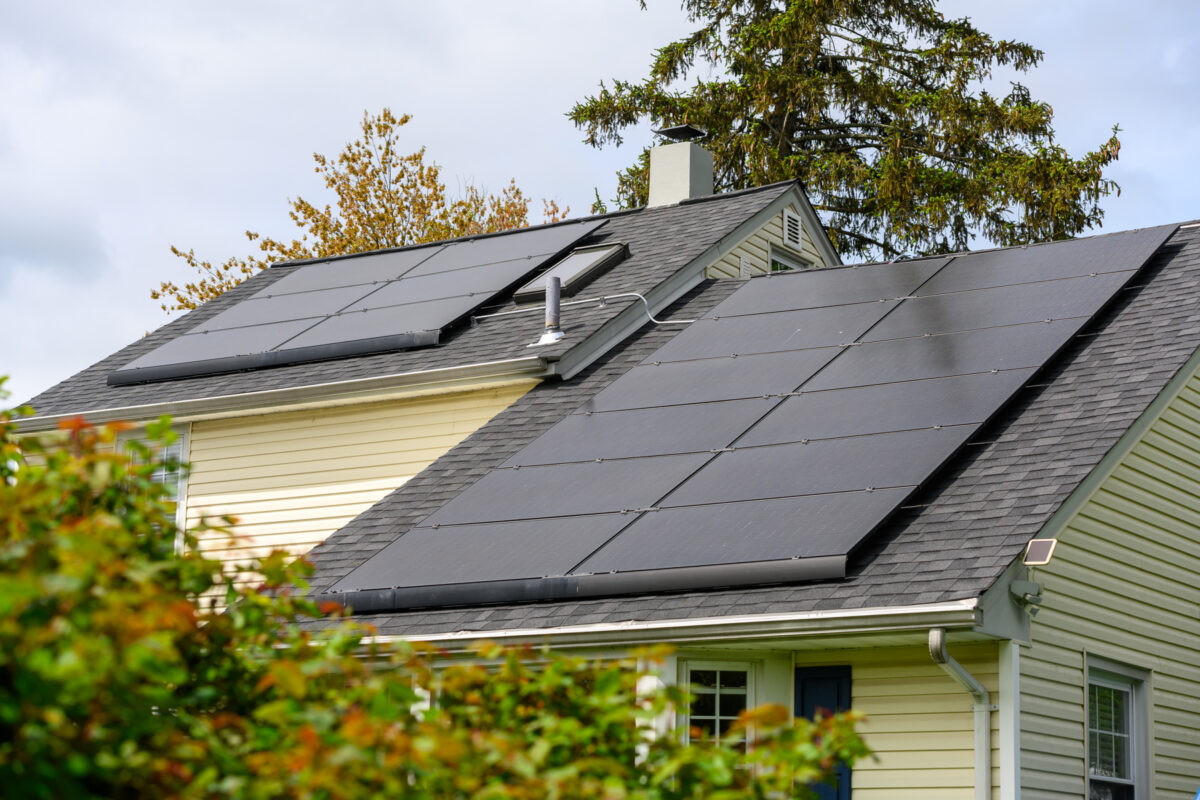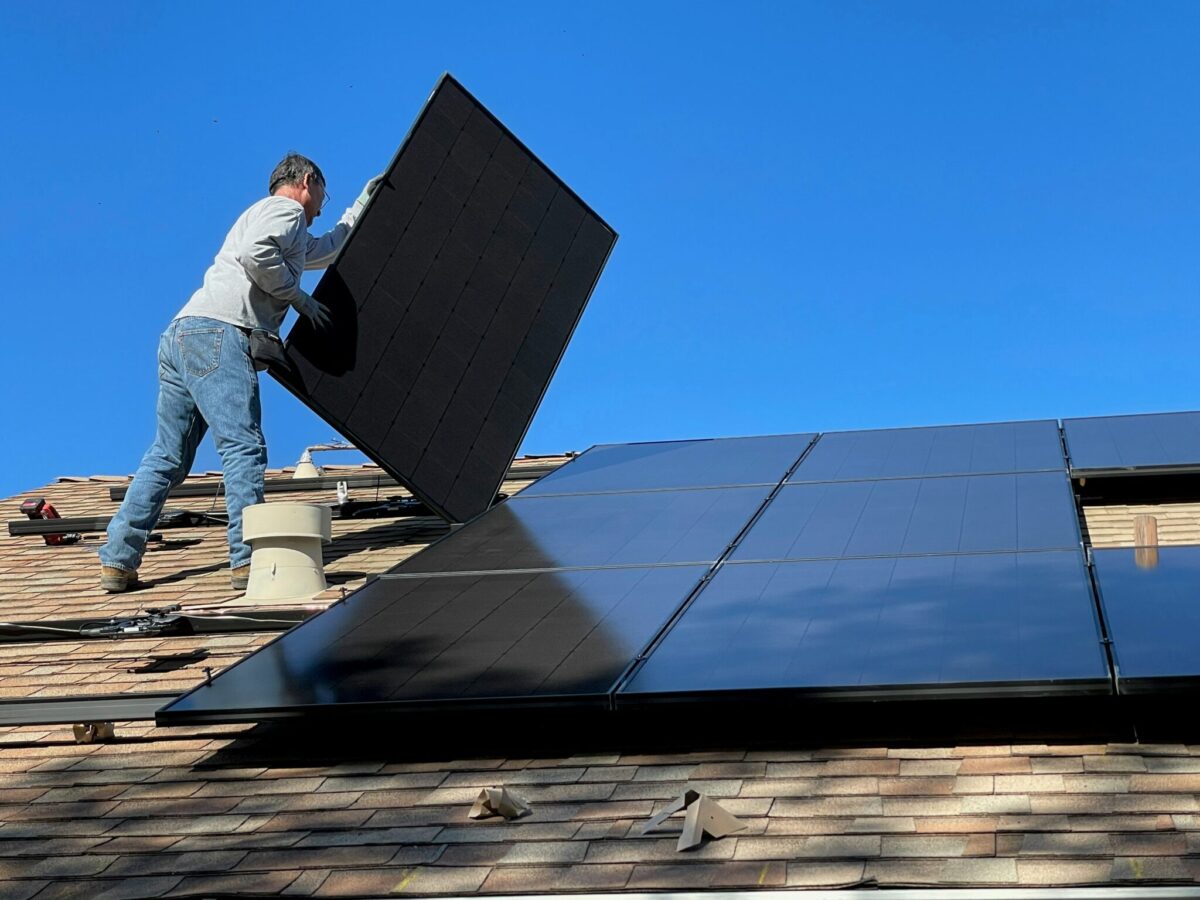NeoVolta announced it has completed phase one of its application for a $250 million loan from the U.S. Department of Energy (DOE) Title 17 Loan Program Office (LPO). The company has been approved by DOE LPO for its phase one application and will now move to the phase two technical due diligence stage.
The company plans to construct a battery energy storage system (BESS) and related component manufacturing facility, creating an expected 150 jobs.
“Strengthening U.S. manufacturing and increasing vital domestic content is a bi-partisan issue that transcends national elections, and we are proud to be part of this national effort,” stated Ardes Johnson, Chief Executive Officer of NeoVolta.
NeoVolta said it plans to establish a regional deployment and support centers. The company plans to make both cylindrical and prismatic battery cells. A percent of that production will be utilized for 3rd party sales, enabling more manufacturers to participate with domestic content. The company said it will also expand into inverter production and assembly.
Under Title 17 Clean Energy Financing with DOE, projects must feasibly and financially support clean energy deployment infrastructure and reduce greenhouse gas emissions. The program has been financed since the Energy Policy Act of 2005 and has since been amended, most recently by the Infrastructure Investment and Jobs Act in 2021 and the Inflation Reduction Act in 2022.
Analysts have warned that the Trump Administration may crack down on the DOE LPO and cut unspent funds, leading to a potential boom in announcements before power is transitioned.
DOE LPO programs are backed by a federal guarantee, with a favorable interest rate as low as .0375%. According to the DOE, these applications take around 12 months to complete. However, the project must be deemed feasible financially and conceptually at phase one in order to proceed.
“We are confident in our application to the DOE,” added Johnson, “and believe that we are well positioned to provide technical feasibility, as well as other required due diligence.”
Popular content







